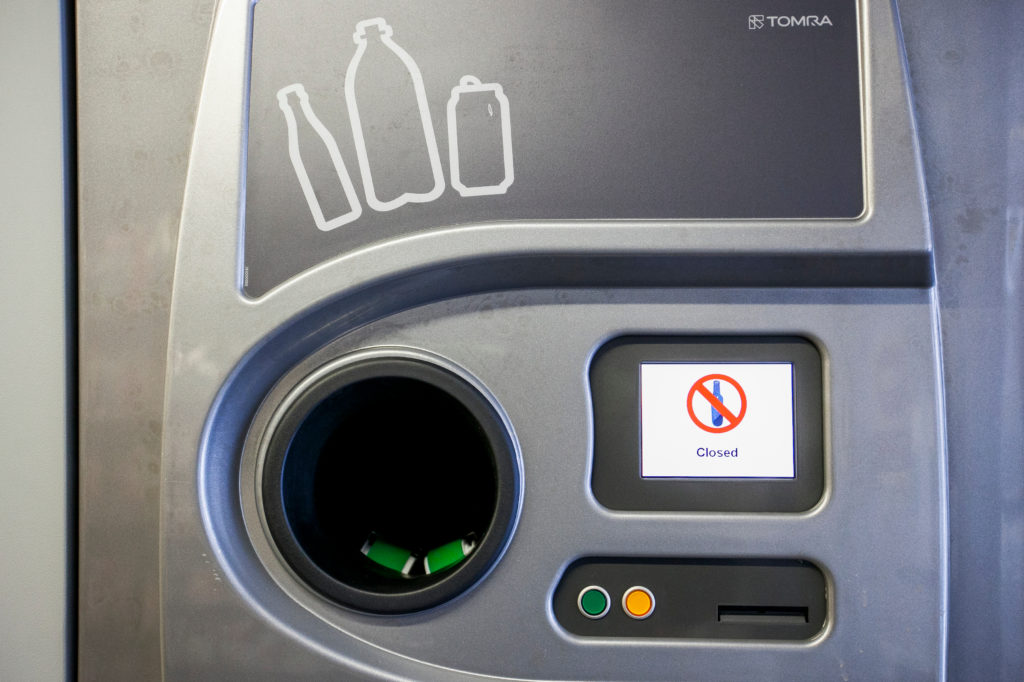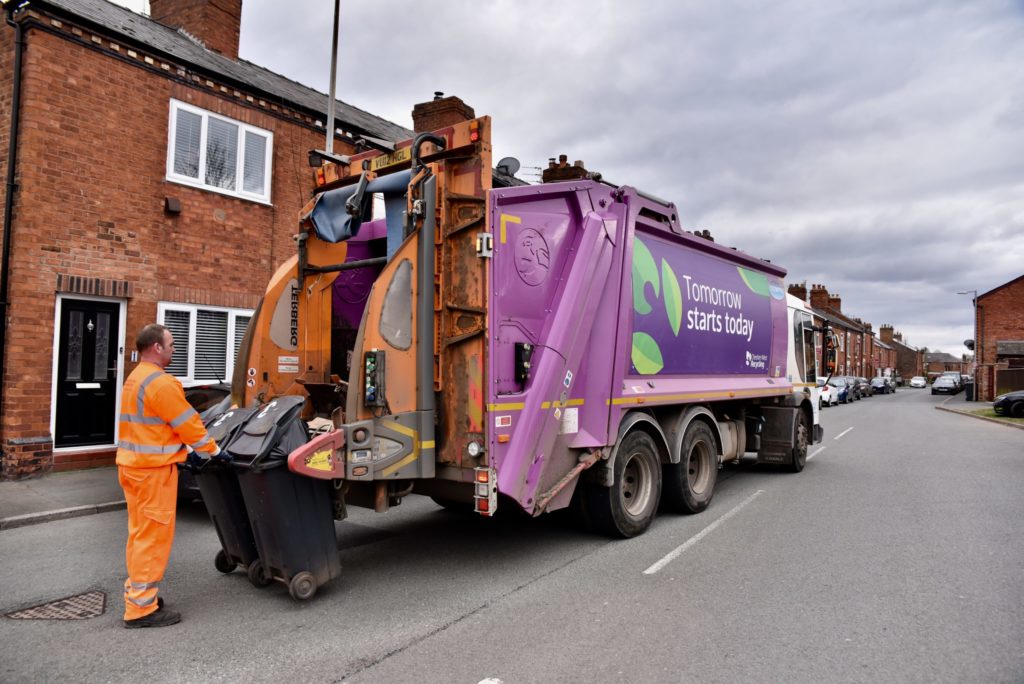Published on 20 January, the response to the second consultation set out how the Department for the Environment, Food and Rural Affairs (Defra) will implement the “industry-led” DRS.
However, there remains many points which have not been clarified, and the responsibility to sort this has been shared with the yet to be set up DMO, in partnership with Defra and the wider industry.
Responsibilities include, but are not limited to, setting the deposit level, ensuring ‘interoperability’ between the UK schemes, setting producer registration fees and deciding which retailers can be exempt from providing return points.
Defra is aiming to have the DMO set up by the Spring of 2024, which will give the DMO around 18 months to be ready for the system.
DMO
The DMO will be a not-for-profit group, or potentially groups. It will likely be a consortium of industry groups including producers, retailers and wider industry representatives such as trade associations.
If more than one is appointed then they will be obligated by the regulations to coordinate their approach, where appropriate, such as in setting the deposit level.
The English Welsh and Northern Irish government have decided to appoint the DMO(s) through an “application process”, rather than through a competitive tender process, which was proposed in the consultation.
The consultation said: “This approach will reduce government costs by not requiring regular competitive tender processes and give increased long-term security to the DMO(s) subject to government reviews of performance.”
A DMO applicant will be required to apply to the UK government to operate the scheme in England and Northern Ireland and apply to the Welsh Government to operate the scheme in Wales, due to the differing systems.
We have concluded that the DMO will have the power to set the deposit level
- Defra
Responsibilities
Once appointed, the DMO will be tasked with sorting a number of things so the scheme is ready to go.

The DMO will have to seek private finance to fund the start-up, implementation, and operational costs of the scheme from day one, Defra explained.
All producers of in-scope drinks containers will be obligated to register with the DMO once it’s appointed before they can place those products on the market. The registration fees paid by producers, which will part-fund the scheme, are also set by the DMO.
The DMO will be able to charge producers a registration fee to cover the costs of the DMO exercising its functions under the scheme, if needed to cover any costs which cannot be met by the other incomes the DMO receives from material sales and unredeemed deposits.
The regulations will set out criteria that the DMO must take into account when setting the producer registration fees. This will include the ‘size of the producer’, with some consideration of size being assessed by reference to numbers of ‘drinks containers placed on the market.
On deposit levels, Defra explained: “We have concluded that the DMO will have the power to set the deposit level. Regulations will not set a minimum level but will set a maximum amount, giving the DMO flexibility to set an appropriate deposit level, as in one that will enable it to meet its collection target within this limit.”
In the event that there are multiple DMOs, they will be required to work together to agree and set the same deposit level.
Obligations
Defra will introduce regulations to place various obligations on the DMO, including the obligation to meet collection targets. The collection target will be phased in at 70% in year 1, 80% year 2, and 90% year 3 onwards.
“Dissuasive monetary penalties” will be imposed on the DMO by the regulators where the DMO fails to meet its collection targets.
Return points

Retailers selling in scope containers will be obligated to host a return point, with exemption applications made to the DMO.
The DMO will be obligated to consider the strategic placement of return points, to ensure an accessible and comprehensive network of return points.
Ensuring a takeback service is offered in respect of online purchases, particularly by large online grocery retailers, from day 1.
The organisation will also set any handling fee paid to producers, and handle requests for exemptions.
Online retailers offering a takeback service will be eligible to receive a handling fee to cover the costs of the service. Legislation will also set out the criteria the DMO will need to take into account when setting the handling fee for online retailers.
Next
Defra will now be working hard to ensure it’s Spring 2024 target of having the DMO set up will be ready, given the raft of responsibilities the DMO has under the ‘industry led’ approach.
Trade associations and producer groups are likely to begin formalising their interest in the coming months.
However, there are bound to be concerns that given the scale of responsibilities the organisation will have, will 18 months from set up to DRS start date be sufficient? Time will tell.












Subscribe for free